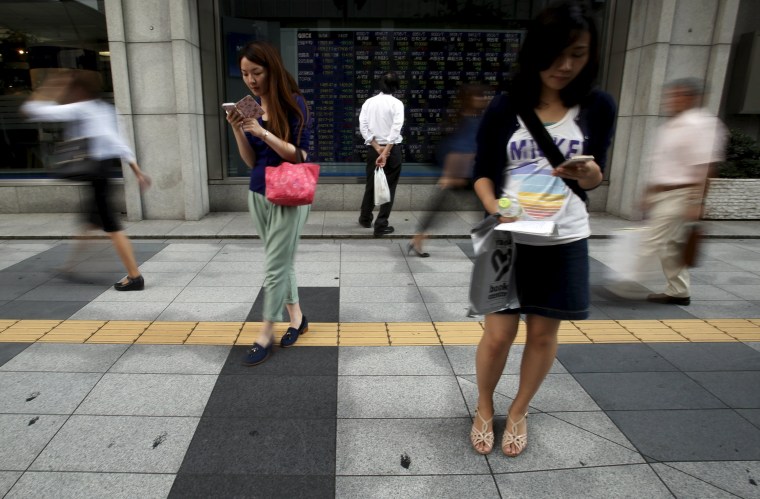U.S. stocks closed lower Friday after a mixed jobs report gave investors few clues about the Federal Reserve next move on interest rates. It was the second-worst week for the market so far this year.
At the close, the Dow Jones industrial average fell 272.18 points, or 1.66 percent, to 16,102.58, the S&P 500 lost 29.89 points, or 1.53 percent, to 1,921.24 and the Nasdaq Composite dropped 49.58 points, or 1.05 percent, to 4,683.92.
"Unfortunately, this report settles little, we think, leaving the next two weeks essentially as unsettled as they were prior to the report's release," Dan Greenhaus, chief strategist at BTIG, told the Associated Press after the jobs report's release.
Jobs Report Points to Fed Rate Hike: Economists
In August the U.S. economy added 173,000 jobs, lower than the 220,000 expected. On the positive side, the unemployment rate fell to 5.1 percent, its lowest since 2008. And adding to confusion the report also included upwards revisions to previous month's job numbers.
Carrying a Balance on Credit Card? Fed Interest Rate Will Cost You
For consumers, an increase in the Federal Reserve rates would mean paying higher interest on credit card debt and some mortgages. But for savers it would also mean earning a little bit more on what they've been able to sock away in the bank.
Markets have been especially volatile since China's surprise devaluing of its currency in August, initially sending the Dow plunging and stocks into correction territory.

